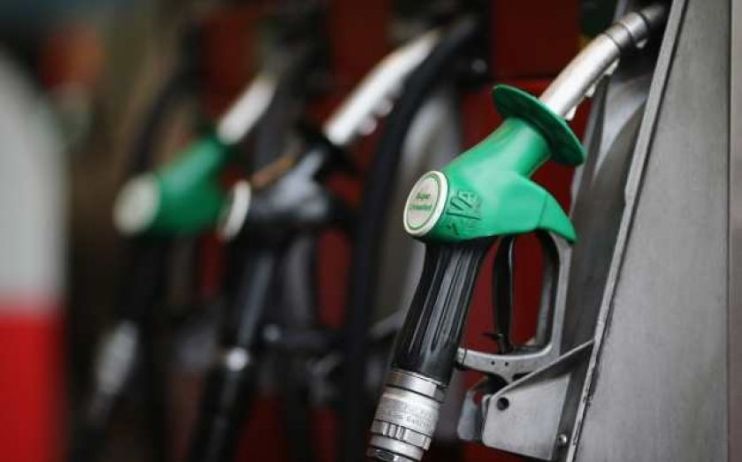Sunak cuts fuel duty to ease pressure on motorists

Fuel duty will be cut by five pence per litre for the next 12 months, revealed Chancellor Rishi Sunak in today’s Spring Statement.
In an effort to ease pricing pressure on UK motorists, he said: ” I can announce that for only the second time in 20 years, fuel duty will be cut. Not by one, not even by two, but by 5 pence per litre. The biggest cut to all fuel duty rates – ever.”
Forecourt prices have soared to record highs over the past week – with unleaded petrol skyrocketing to 167.3p per litre, while diesel has soared to 179.72p according to RAC Fuel Watch data.
Combined with the fuel duty freeze announced in last October’s budget, Sunak suggests this would represent a tax cut of £5bn for families.
RAC head of policy Nicholas Lyes praised the latest measures as “much needed relief at the pumps” but described the fuel duty cut as a “drop in the ocean”.
He said: “In reality, reducing it by five pence will only take prices back to where they were just over a week ago.”
Lyes noted families will still be facing nearly £100 bills to fill up a full tank of petrol, and consequently called for the Chancellor to look again at potential VAT cuts.
He said: “Temporarily reducing VAT would have been a more progressive way of helping drivers as the tax is applied at the point the fuel is sold, removing any possibility of retailers taking some of the tax cut themselves to increase their profits.”

Following the announcement, Sainsbury’s has confirmed it will be passing on the price reduction to customers.
It will be cutting the price of a litre by 6p, including a one pence reduction in VAT, from tonight across its 315 forecourts nationwide.
Chief executive Simon Roberts said: “We understand that the cost of living is a real challenge for many households and we are committed to helping our customers as much as we can.”
Alongside the headline pledge – Sunak has revealed homeowners will no longer have to pay five per cent VAT on solar panels, heat pumps, and wind turbines – providing tax savings of up to £1,000 per year and a potential £300 per year saving on energy bills.
He has also doubled the household support fund to £1bn.
The measures follow reports the consumer price cap could rise to £3,000 per year this October, following Russia’s invasion of Ukraine and raised fears of supply shortages.
Spiralling energy bills and soaring fuel costs have exacerbated a cost-of-living crisis, which has already seen Sunak announce a £9bn rebate scheme to provide households with a potential £350 annual saving.